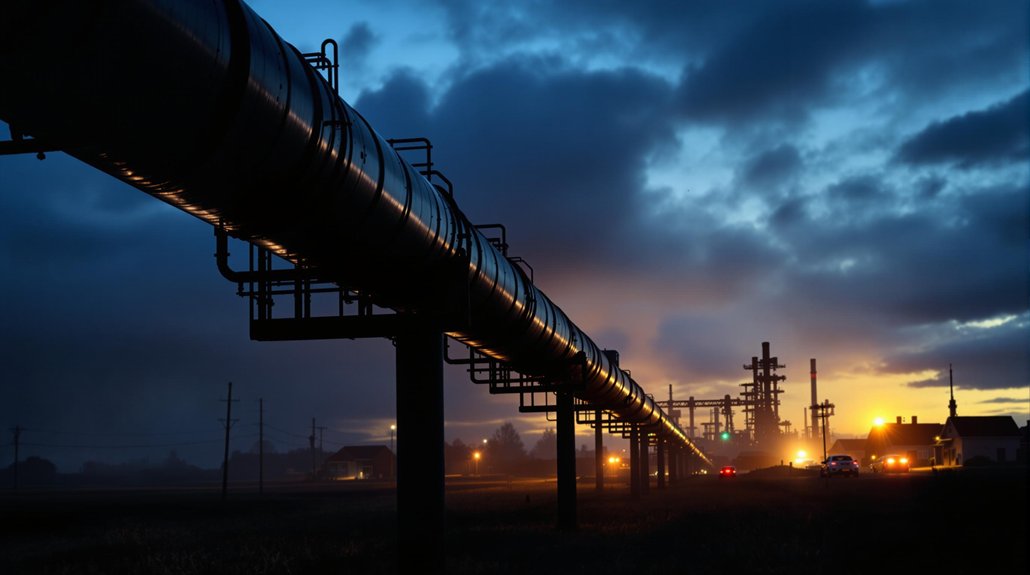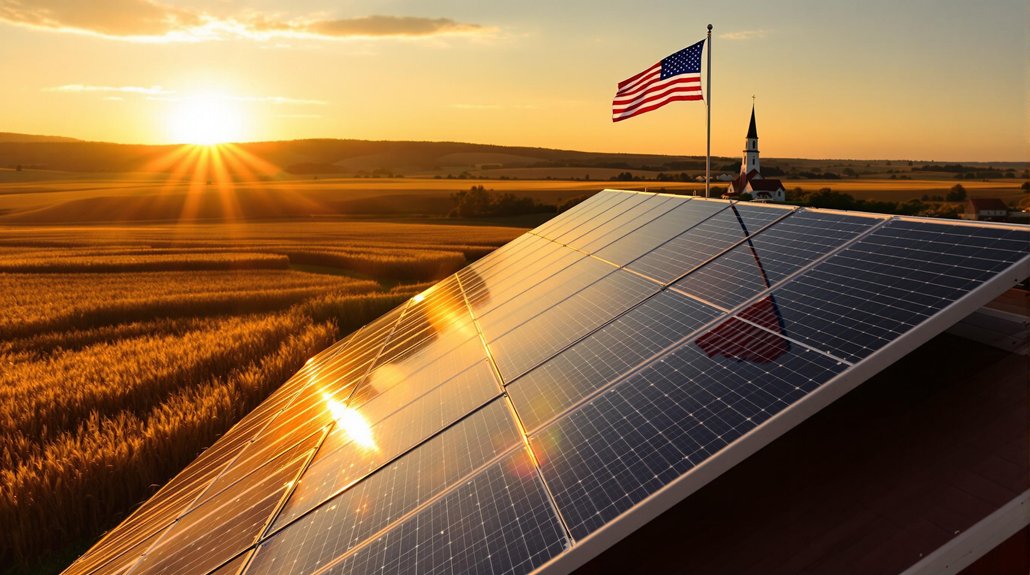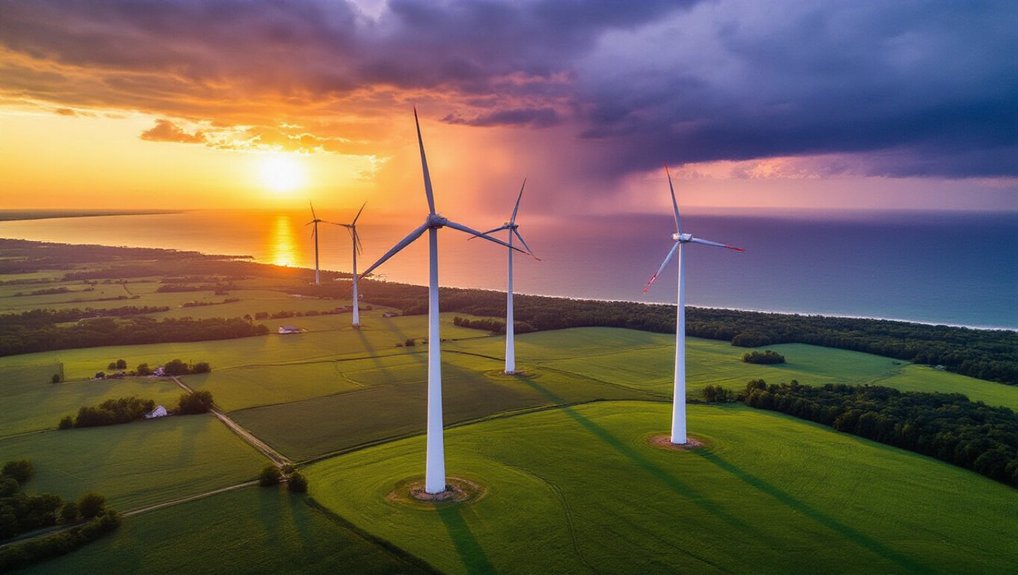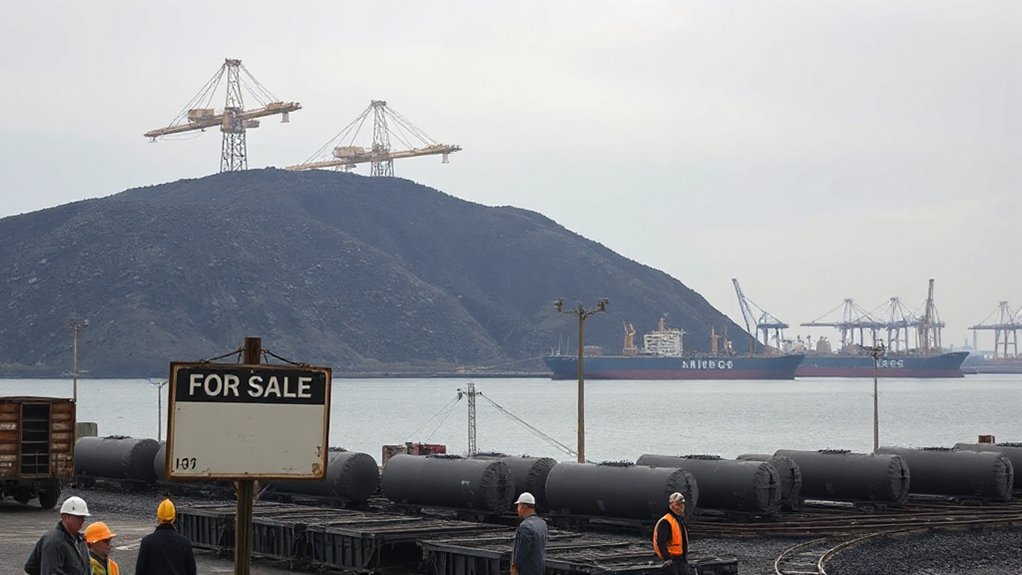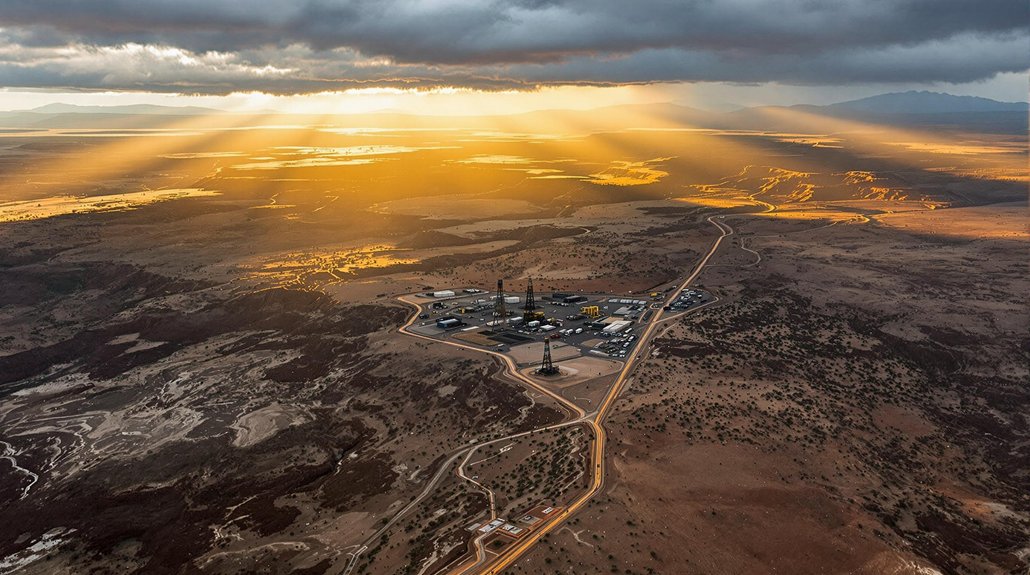Energy Transfer’s Texas lawsuit challenges federal pipeline safety enforcement methods. Filed against PHMSA over a $2.5 million fine, the case could force the agency into jury trials for every violation. This comes as CO2 pipeline safety remains a concern after the Trump administration withdrew proposed regulations following a 2020 accident in Mississippi. The outcome may severely limit the government’s ability to protect vulnerable communities from dangerous leaks.
Energy Transfer, a company led by Trump ally and major GOP donor Kelcy Warren, has launched a lawsuit attacking the basic enforcement methods used by the federal pipeline safety agency. The company is fighting a $2.5 million fine related to a fatal accident on its Panhandle Eastern pipeline. The case was filed in Texas federal court and will be heard by Judge Matthew Kacsmaryk, known for conservative rulings.
If Energy Transfer wins, the Pipeline and Hazardous Materials Safety Administration (PHMSA) would be forced to handle all enforcement cases in federal court with jury trials. This could severely limit the agency’s ability to enforce safety rules. With limited resources, PHMSA might issue fewer penalties for violations.
Energy Transfer’s lawsuit threatens to cripple pipeline safety enforcement by forcing PHMSA into resource-intensive court battles for every violation.
The Trump administration has already withdrawn proposed safety regulations for carbon dioxide pipelines. These rules were created after a 2020 accident in Satartia, Mississippi, where a CO2 pipeline failure hospitalized nearly 50 people. Victims suffered “zombie-like” symptoms and many still have health problems today. Respiratory issues continue to plague many victims five years after the incident.
CO2 leaks pose unique dangers. They can cause suffocation, neurological damage, and make evacuation nearly impossible by shutting down vehicles. Without federal oversight, companies largely self-regulate their CO2 pipelines. These pipeline failures contribute directly to greenhouse gas emissions, exacerbating the climate change effects that scientists have linked to rising global temperatures.
Many planned pipelines will run through low-income and minority communities. This raises environmental justice concerns, as these areas already face risks from other industrial facilities. The rollback of safety rules leaves vulnerable communities exposed to future accidents.
The legal landscape favors industry challenges. The conservative Supreme Court majority has shown hostility toward agency enforcement systems like PHMSA’s. Trump’s new PHMSA head, Ben Kochman, previously worked as a pipeline industry lobbyist.
Industry groups have long complained about PHMSA’s enforcement process and have successfully lobbied for new protections. Pipeline companies widely criticize PHMSA for what they view as a lack of transparency in enforcement hearings, which are typically conducted in-house without following standard rules of evidence. If Energy Transfer’s lawsuit succeeds, it could create a perception that pipeline safety isn’t being adequately monitored, potentially hindering future projects due to public concerns.
